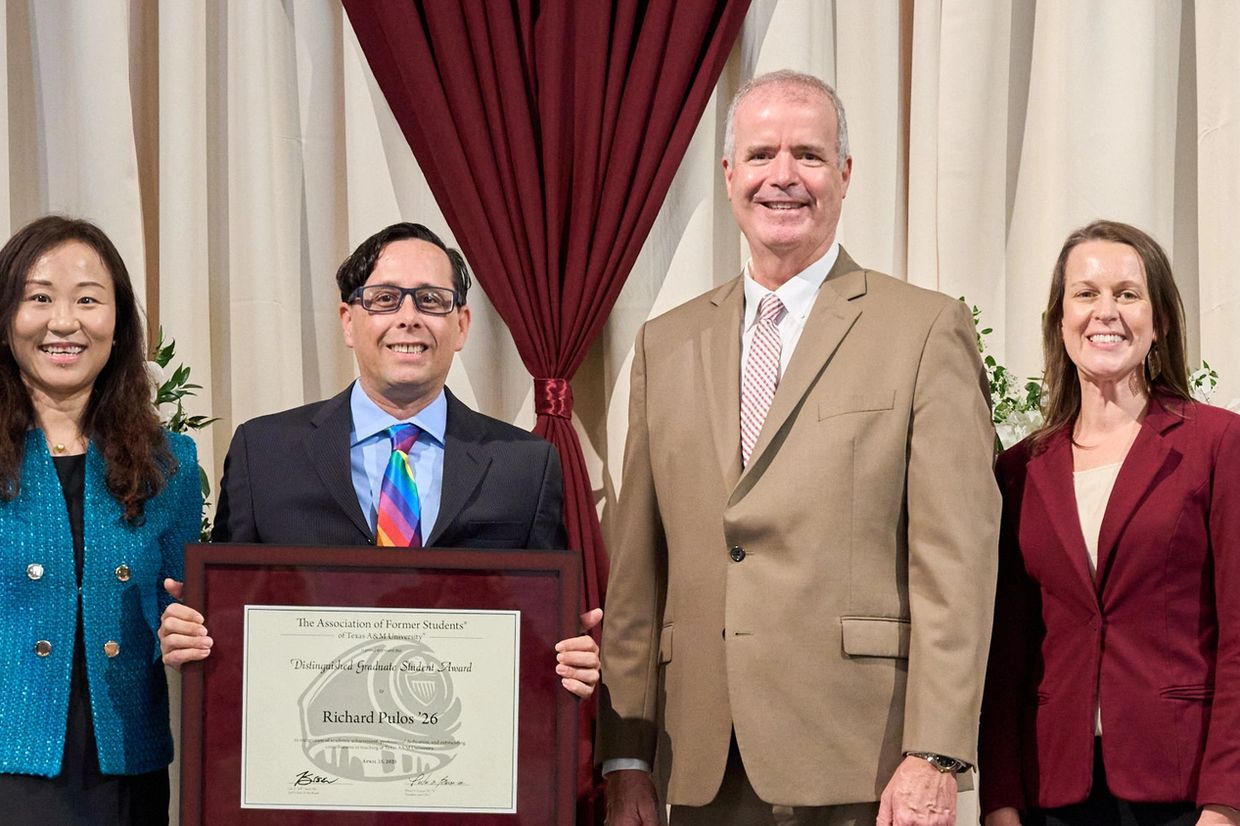
teaching
Courses Taught as Instructor of Record
Introduction to Social Media
Theoretical and practical approaches to social media; overview of social media, social media concepts and theories; social media applications and contexts.
Communication Technology Skills
Introduction to interactive media and media literacy skills in the digital domain; survey of technology histories, standards, and markets for industries such as multichannel TV, digital radio, video games, streaming media, epublishing, teleconferencing, and social networking.
Oral Communication 1
An introduction to communication theory and interpersonal skills.
The Theatrical Vision
This core course gives students an overall experience and understanding of the art and craft of Theatre and the process of making it happen.
Acting 1
An introductory study of acting, training the body and the voice to prepare for the creation and development of characterization.
Theatre Production Lab
Students are presented with the opportunity to acquire a wide range of practical experience in the actual production of a play performance.
Public Speaking
Fundamental principles of speaking in public situations and the preparation and delivery of informative and persuasive presentations.
Voice and Diction
Investigation of speech patterns and dialects as they relate to ethnicity, regionalism, and immigration in the U.S.
RECENT STUDENT RECOMMENDATIONS
[Rick] provided a safe learning space for all his students to express their creativity
through films utilizing storytelling and techniques with editing software.
Everything I know about storytelling, film, cameras, lighting, sound design, editing, and more is thanks to Rick Pulos.
I applied these skills while recording a TAMU comedy show, "Freudian Slip." Facing numerous
challenges in capturing theater-based video, I looked to Pulos' guidance during office hours.
[Rick’s] feedback in class was positive, encouraging, and made many of us find the
courage to do better and better on each subsequent project.
PEER EVALUATIONS
[Rick] fostered active learning by providing students with opportunities to showcase
their work in front of the class. The videos students made were way better than I ever expected - they looked professional and were super interesting.
In sum, Rick's teaching excellence is multifaceted, encompassing a positive class atmosphere,
fearlessness in embracing challenging topics, seamless integration of real-world examples, and effective facilitation of collaborative activities.
FACULTY EVALUATIONS
Provides ample opportunities for students to ask questions
Integrates a wide range of examples to illustrate concepts
Is clearly comfortable in front of a large audience
(Dr. Anna Wolfe).
Rick commanded the attention of the class in a positive way for a full 75-minutes In short I found Rick Pulos to be a superb teacher who deserves the strong respect of his peers. He clearly gets it from his students.
(Dr. Dan Humphrey)
During my time as a teaching team member with Mr. Pulos, I found him to be proactive when seeking out feedback and advice, as well as being open to experimenting with new activities and techniques in his classroom. It is clear that he cares about the quality of his teaching and is willing to put work in to expand his pedagogical resources.
(Dr. Sarah Beck)
Distinguished Graduate Student Award – Teaching Excellence (Image above)
“The Distinguished Graduate Student Awards continue a proud tradition of recognizing the very best among Texas A&M’s graduate students,” said Porter Garner ’79, President and CEO of The Association of Former Students. “These awards – made possible only by the generous gifts of the Aggie Network to The Association of Former Students’ Annual Fund – have been presented annually since 1965. It is indeed our privilege to honor the outstanding Aggies whose impact reaches far beyond campus, advancing Texas A&M’s global reputation as a force for good.”